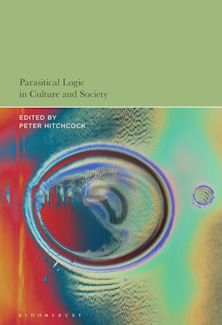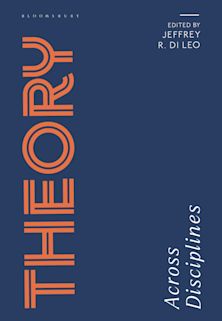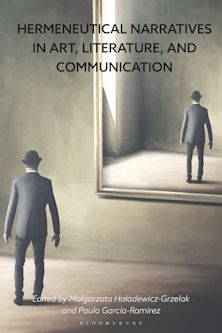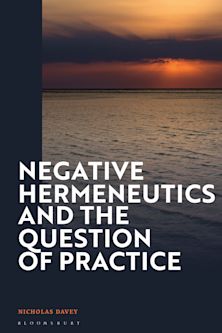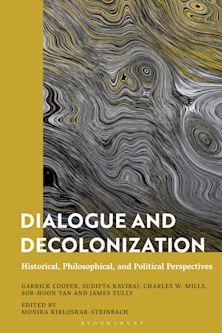The Birth of Physics
The Birth of Physics
This product is usually dispatched within 1 week
- Delivery and returns info
-
Free US delivery on orders $35 or over
Description
The Birth of Physics represents a foundational work in the development of chaos theory from one of the world’s most influential living theorists, Michel Serres.
Focussing on the largest text still intact to reach us from the Atomists - Lucretius' De Rerum Natura - Serres mobilises everything we know about the related scientific work of the time (Archemides, Epicurus et al) in order to demand a complete reappraisal of the legacy. Crucial to his reconception of the Atomists' thought is a recognition that their model of atomic matter is essentially a fluid one - they are describing the actions of turbulence, which impacts our understanding of the recent disciplines of chaos and complexity. It explains the continuing presence of Lucretius in the work of such scientific giants as Nobel Laureates Schroedinger and Prigogine.
This book is truly a landmark in the study of ancient physics and has been enormously influential on work in the area, amongst other things stimulating a more general rebirth of philosophical interest in the ancients.
Table of Contents
Product details
| Published | Jan 17 2018 |
|---|---|
| Format | Hardback |
| Edition | 1st |
| Extent | 242 |
| ISBN | 9781786606242 |
| Imprint | Rowman & Littlefield Publishers |
| Illustrations | 2 b/w illustrations; |
| Dimensions | 9 x 6 inches |
| Series | Groundworks |
| Publisher | Bloomsbury Publishing |
Reviews

ONLINE RESOURCES
Bloomsbury Collections
This book is available on Bloomsbury Collections where your library has access.












